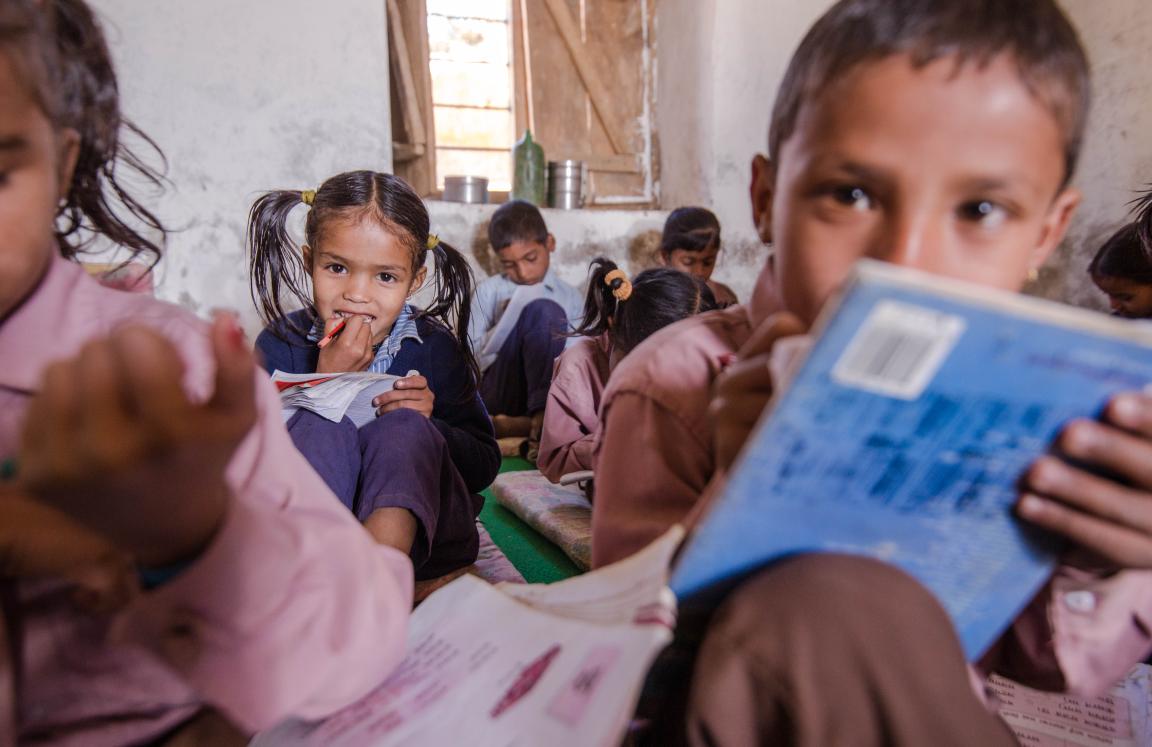
Strengthening education governance to promote child rights and quality learning outcome in public schools
Education is an enabling right; it plays a vital role in the realisation of other human rights. Education not only imparts knowledge but also shapes young minds, nurturing compassion and cultural values. Furthermore, we acknowledge that education serves as the cornerstone of individual empowerment, providing the means to break free from the cycle of poverty and injustice.
The Constitution of Nepal guarantees the right to education by ensuring free education up to the secondary level and establishing compulsory basic education. It further commits to providing free education up to the secondary level for students with disabilities and economically disadvantaged students, and free higher education with scholarships for Dalit students as per the law. Moreover, it promises free education in Braille script for visually impaired citizens and in sign language for students with speech or hearing impairments. However, such laws are yet to be promulgated to materialise these constitutional rights.
The education sector has not received sufficient attention and resources from governments. Most of the public schools are grappling with shortages of teachers, teaching materials, and teacher training. As a result, the quality of public education has become a significant concern, compelling individuals to opt for private schools despite their hardships. Many public schools are facing challenges in attracting enrolments and have been merged or are being merged into various municipalities. Many public schools lack basic facilities such as drinking water, toilets, adequate water for toilet cleaning, etc.